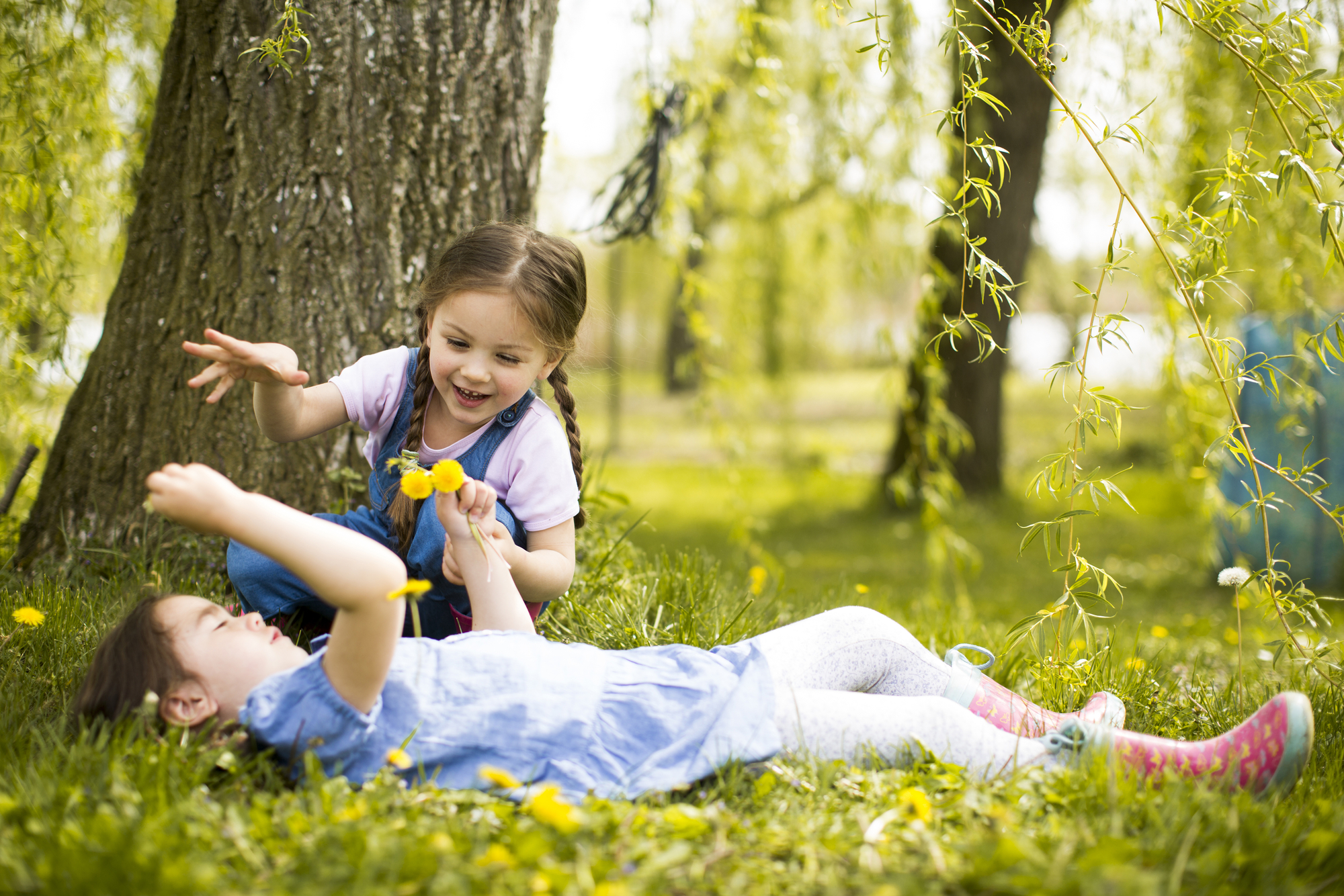Sally Gillespie, PhD
When researchers recently surveyed 10,000 young people between the ages of 16-25 years from ten countries, they were not surprised to hear how anxious the majority of them felt about climate change. Their findings add to previous surveys which report high levels of anxiety in young people about the climate crisis around the world including fears about having children. But what was new in this recent research was the strength of feelings so many young people carry about their Government’s lack of action. Nearly six in 10 young people in this biggest scientific study yet on climate anxiety and young people reported feeling very or extremely worried about climate change. And a similar number said they felt betrayed by the older generation and governments because they were not protecting them, the planet, or future generations. In addition, three-quarters of the young people saw the future as frightening because of climate breakdown, and nearly half reported feeling distressed or anxious about the climate in a way that was affecting their daily lives and functioning.
Sadly these young people’s fears are not unfounded. Another recent study found that children and young people around the world were bearing the brunt of the climate crisis with 1 billion children at “extreme risk” from the impacts of climate breakdown. And governmental action worldwide is nowhere near meeting what is required to limit global warming to 1.5 degrees. In the light of this information, young people’s emotional distress needs to be understood as a rational and sane reaction to the unaddressed risks and dangers of climate breakdown. In reality, feeling climate anxiety and distress at any age is a reasonable response to our current situation. However, as the report notes, young people are especially affected by climate fears because they are developing psychologically, socially and physically. The recognition and support of older people around them is hugely important for their wellbeing, to counter the message that they are getting from those in power which is that their lives do not matter.
There are a number of ways that parents, carers and teachers can support children and young people experiencing climate distress:
- Validate their feelings, whether they be fear, sadness, anger, confusion or grief. Dismissing these feelings or offering false reassurances only increases young people’s experiences of frustration and overwhelm. What helps most is to listen deeply to their feelings and ask what support they need from you.
- Recognise and acknowledge your own feelings of distress, and share them appropriately. This may mean showing empathy through phrases “I feel like this too at times” or “I understand why are feeling this”. It may also mean saying you are sorry that the burden of climate breakdown is falling unfairly upon them as a young person.
- Commit to taking action together. This could take the form of a letter writing campaign to State and Federal politicians, and to the media, participating in a protest, online or in in person. Signing up for local initiatives, like bush regeneration, a community garden or toy, book and clothes exchanges can help build up a sense of agency and community resilience.
- Find and share encouraging stories about actions being taken to address climate action. This helps to balance mainstream media’s bias for reporting on climate-driven catastrophes and political debates more than on initiatives which positively address climate issues.
- Most importantly hold governments culpable and accountable for their lack of action. Place climate action at the top of your priority list when choosing who to vote for at federal, state and council elections. Very importantly tell candidates and your family, friends and colleagues that this is what you are doing and why.






